As our feline companions grow older, their bodies and behaviors undergo several changes, much like humans. Understanding how cats adapt to aging and senior life can help cat owners provide better care and improve the well-being of their pets. This article explores the physical and behavioral changes in senior cats and offers insights into how to support them through these changes.
Physical Changes in Senior Cats
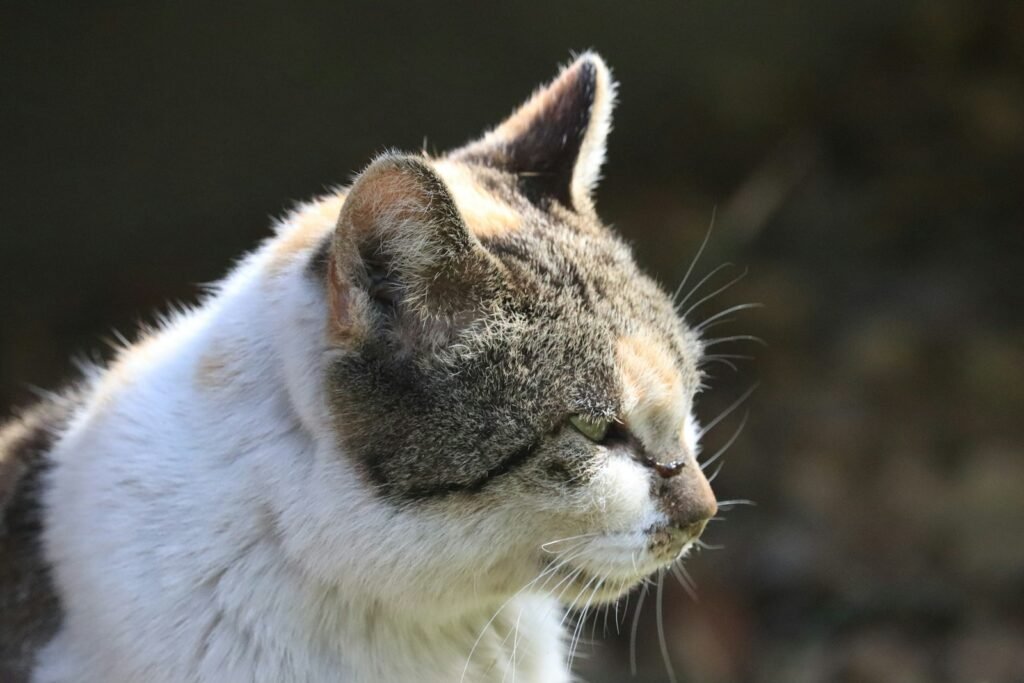
Senior cats, generally over the age of 7, experience a variety of physical changes as they age. These can include a decrease in muscle mass, weight fluctuations, and changes in coat condition. Regular veterinary check-ups become crucial to monitor these changes and ensure that any potential health issues are addressed promptly.
Slowing Metabolism and Nutritional Needs
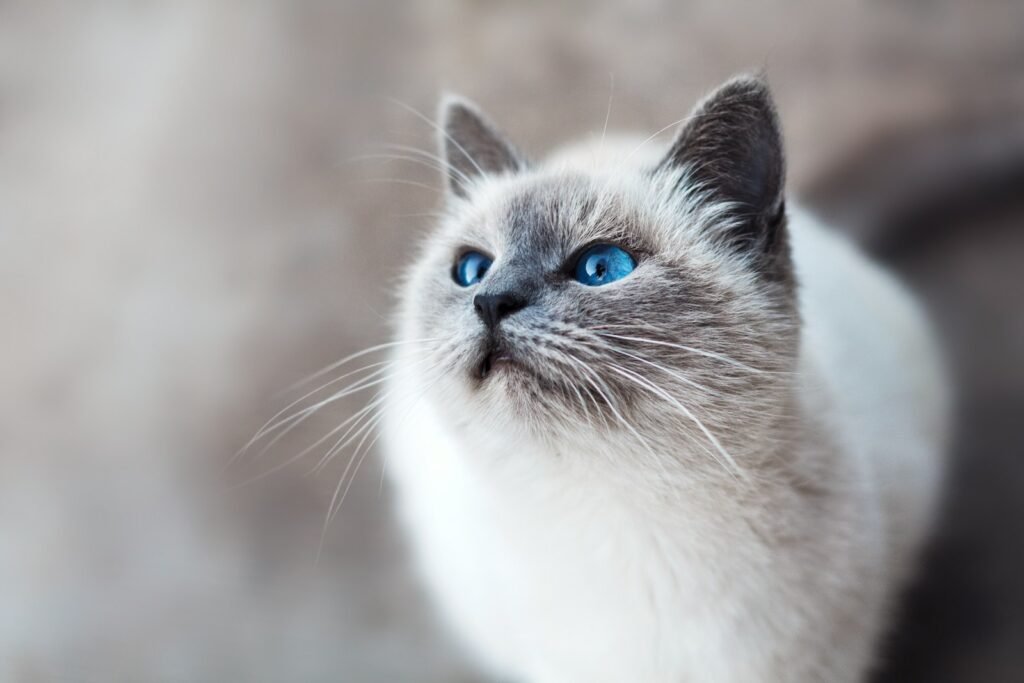
A cat’s metabolism naturally slows down with age, necessitating a change in diet. Older cats often require fewer calories to prevent obesity, but they also need a well-balanced diet rich in proteins to maintain muscle mass. Special senior cat food formulas can help meet these adjusted nutritional needs by providing the right balance of nutrients.
Dental Health Challenges
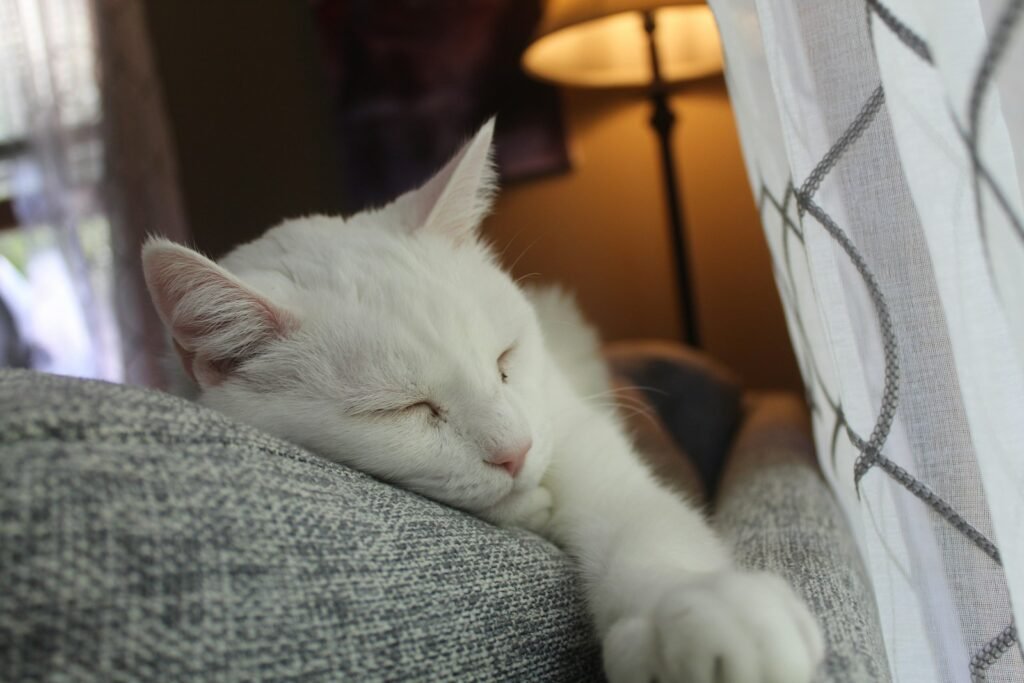
Dental health often becomes a significant concern for aging cats. Tooth decay, gum disease, and tooth loss are common issues that cats face as they grow older. Cat owners should ensure regular dental check-ups and cleanings, and provide dental treats or toys that support oral health to mitigate these challenges.
Cognitive Changes and Behavioral Adaptations
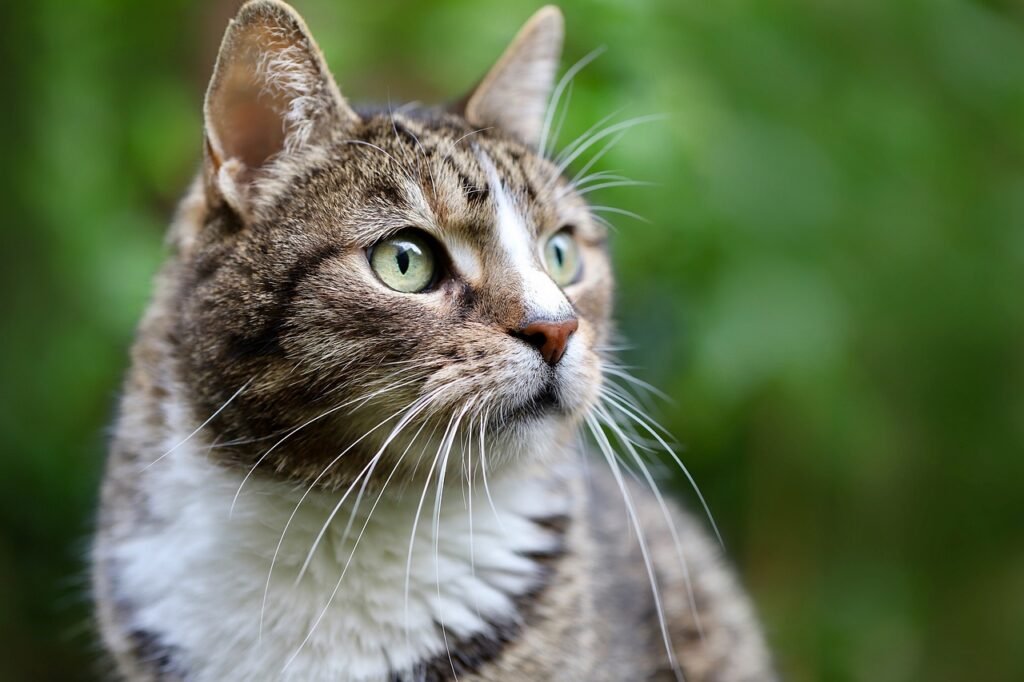
Aging cats may exhibit cognitive changes similar to dementia in humans, known as Feline Cognitive Dysfunction (FCD). Signs include disorientation, altered sleep patterns, and changes in interaction. Owners can assist their cats by maintaining a consistent routine, providing mental stimulation, and consulting a veterinarian for possible treatments.
Mobility and Joint Health
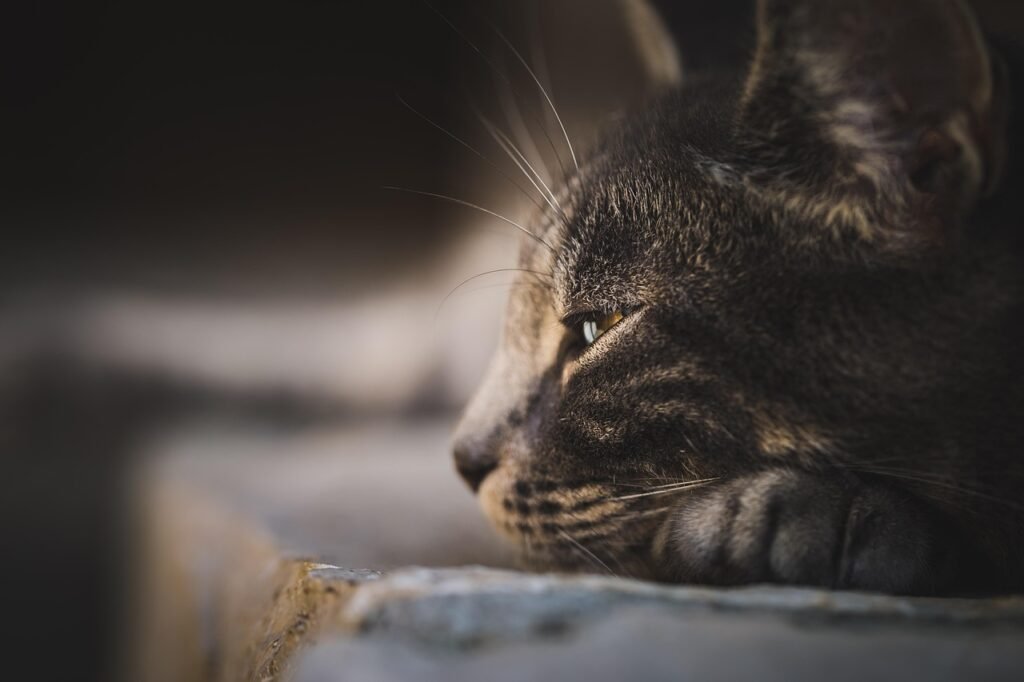
Joint stiffness and arthritis are common in older cats, affecting their mobility. Owners can make home adaptations such as providing accessible litter boxes, placing ramps to favorite spots, and providing comfortable bedding to aid their cats’ mobility and comfort. Supplements like glucosamine and chondroitin may also be recommended.
Vision and Hearing Impairments
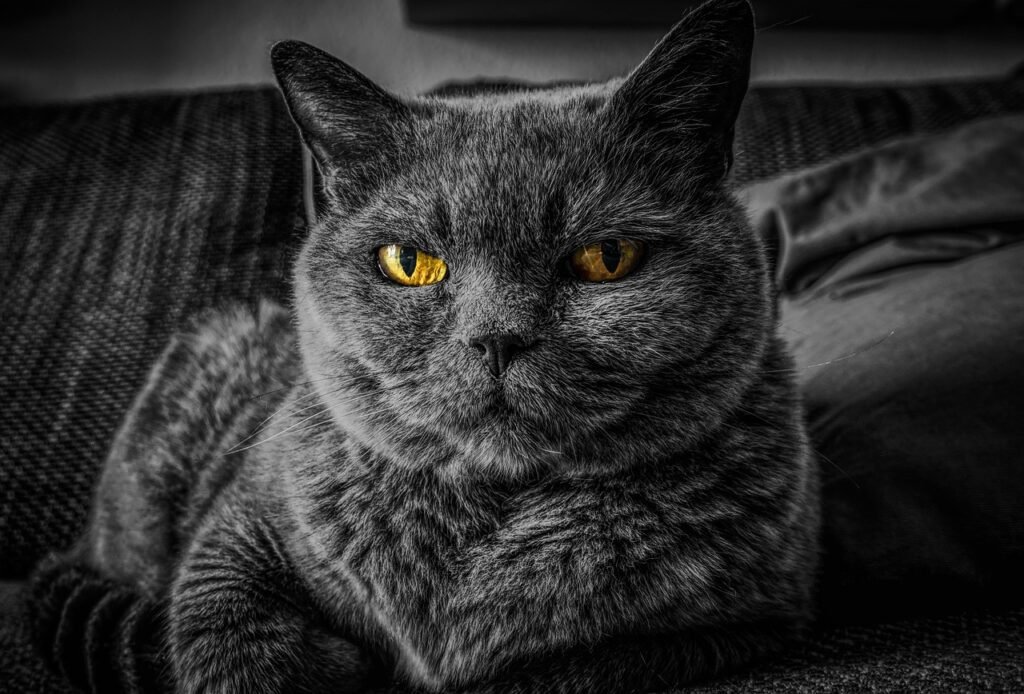
As cats age, it’s not uncommon for them to experience deterioration in vision and hearing. Cataracts and age-related hearing loss can impact their daily life. Creating a safe environment by minimizing hazards and using tactile communication methods can help accommodate these sensory impairments.
Social and Emotional Changes
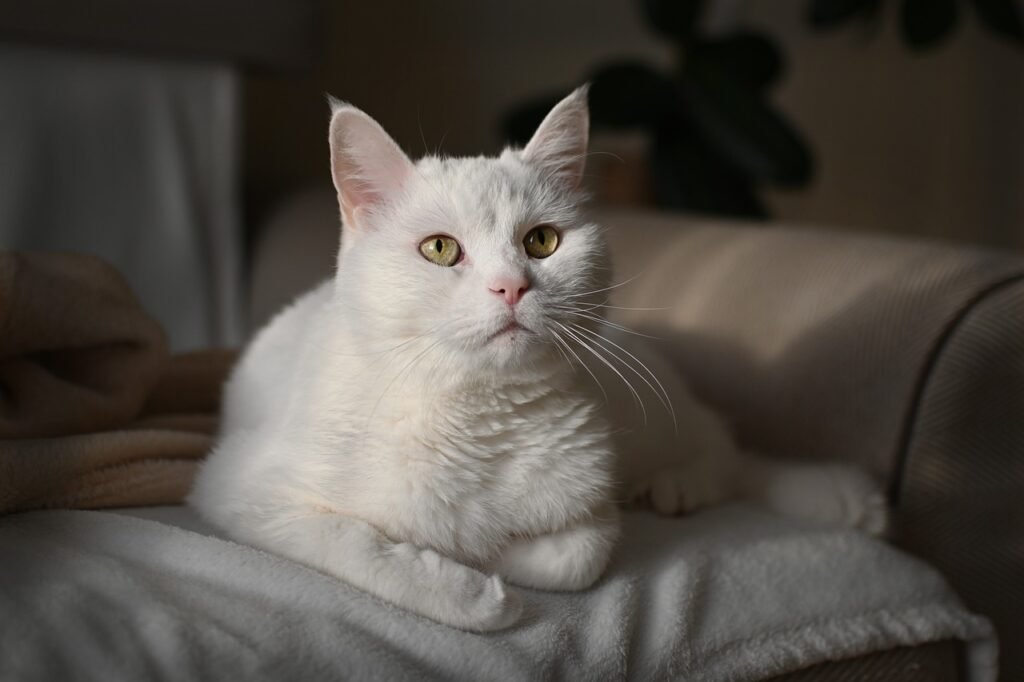
Senior cats may become more or less social as they age. Some may seek more companionship, while others prefer solitude. Observing and respecting these changes is important for their emotional well-being. Providing love, comfort, and a stable environment supports their mental health during this transition.
The Importance of Regular Veterinary Care
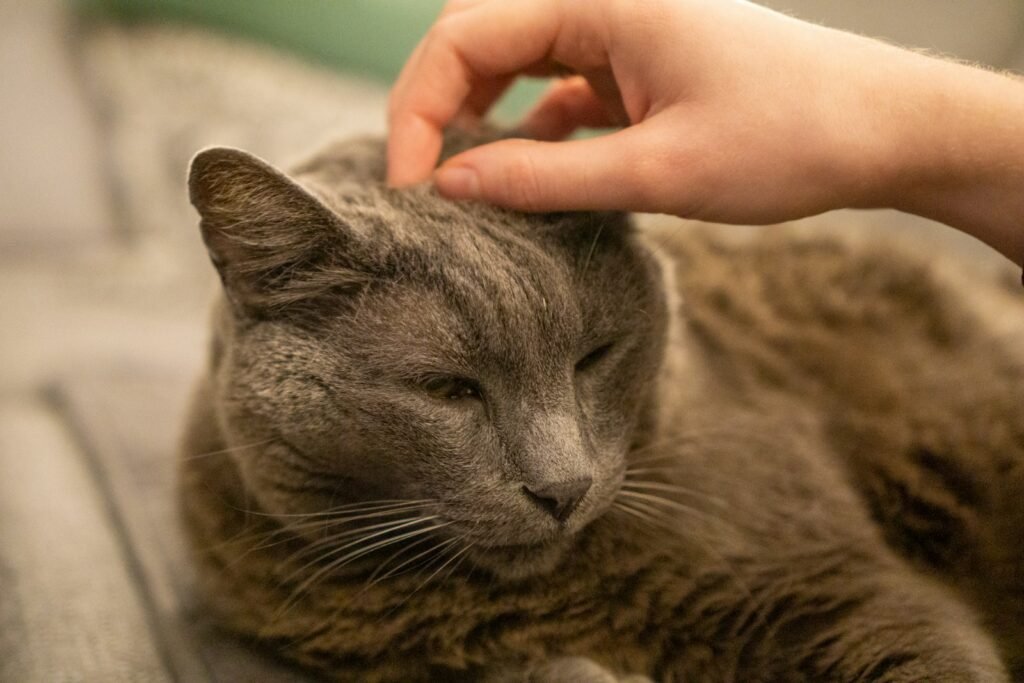
Regular vet visits become increasingly important as cats age. Routine screenings can detect medical issues early, and vaccinations should be kept up to date to prevent illnesses. Working closely with a veterinarian helps manage chronic conditions and adjusts care as needed throughout the aging process.
Creating a Senior-Friendly Home Environment
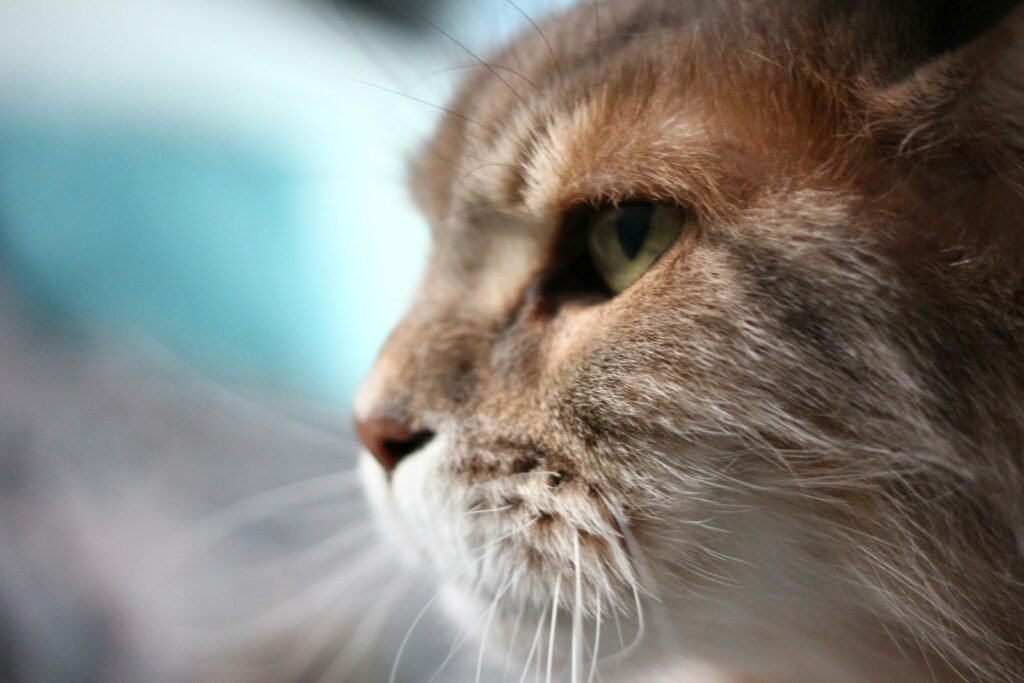
Adapting your home for an aging cat includes creating warm napping spots, using pet-friendly products, keeping a consistent layout, and minimizing stressors such as loud noises. These changes can significantly improve the quality of life for senior cats, making their environment comfortable and secure.
Conclusion: Embracing and Supporting Senior Cats
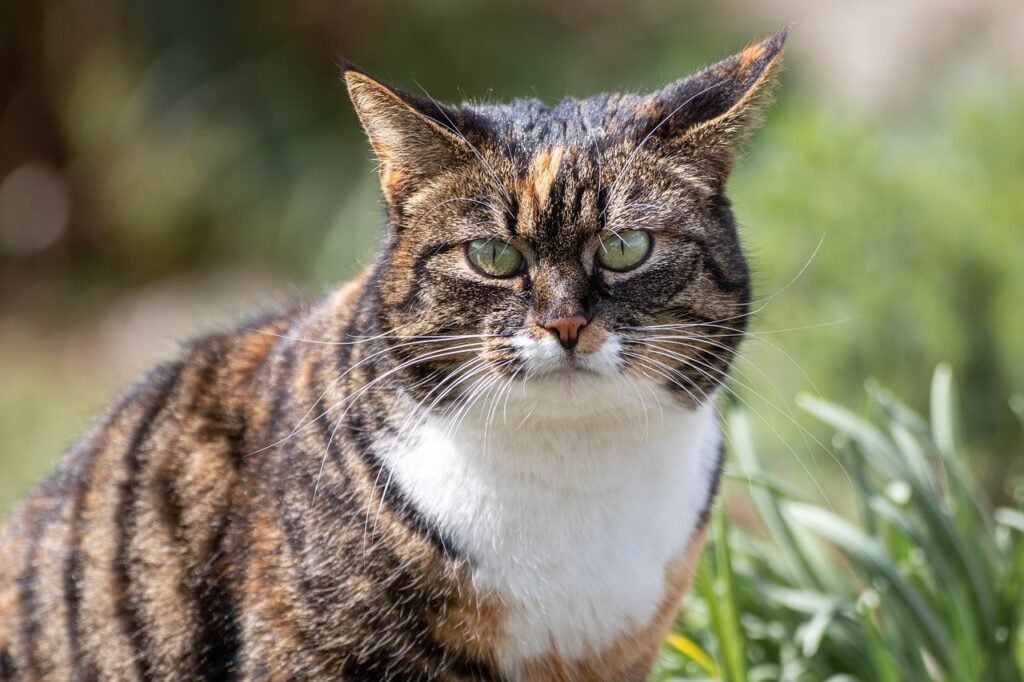
Aging is a natural part of life for cats, and with the right understanding and care, they can enjoy their senior years to the fullest. By recognizing the physical and behavioral changes that occur with aging, providing tailored nutrition, ensuring regular veterinary care, and creating a supportive home environment, cat owners can help their senior cats adapt gracefully to their golden years.

Growing up traveling and experiencing new cultures and wonders, I have had a passion for nature, adventuring, photography, and videography. I am currently working towards a BSc in Biodiversity and Ecology at Stellenbosch University, and I hope to specialise in Marine Sciences one day.
Please send any feedback to Feedback@animalsaroundtheglobe.com






